-
- Cody Corrall
John Deere’s robot lawnmower could replace human jobs
John Deere’s latest CES reveal is an electric robot lawnmower meant for commercial-grade landscaping. Powered by a 21.4kWh battery, the company says the mower can operate for up to 10 hours and uses four pairs of stereo cameras to see in 360 degrees.
The mower is quieter than its gas-powered predecessors, which could help jobs start much earlier. But it raises questions about if the mower will come for human jobs. In materials distributed to the press, John Deere cited a report that said keeping qualified labor on staff “was a major challenge.”
Also part of the company’s announcements is an autonomous 5ML orchard tractor that can blast spray crops, a larger 9RX tractor for tilling fields, and an autonomous articulated dump truck built for quarry operations.
If you missed the keynote, you can catch up on the replay below.
3 minutes ago -
-
 Transportation
TransportationBosch is making e-bike batteries lockable via an app to deter theft
- Sean O'Kane
-
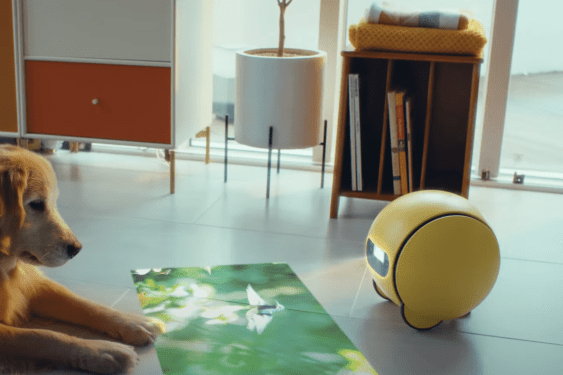 Hardware
HardwareSamsung says its home robot, Ballie, will roll out this year
- Brian Heater
-
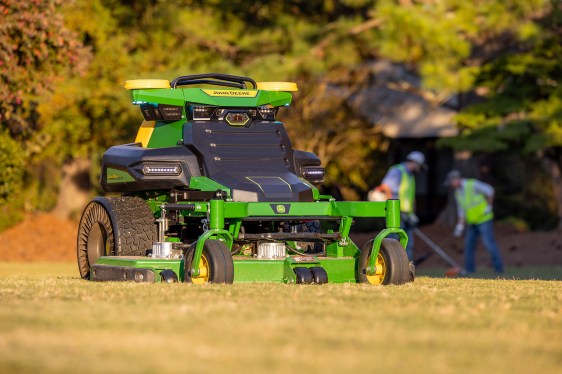 Robotics
RoboticsJohn Deere’s new robot lawnmower is coming for landscapers’ jobs
- Sean O'Kane
-
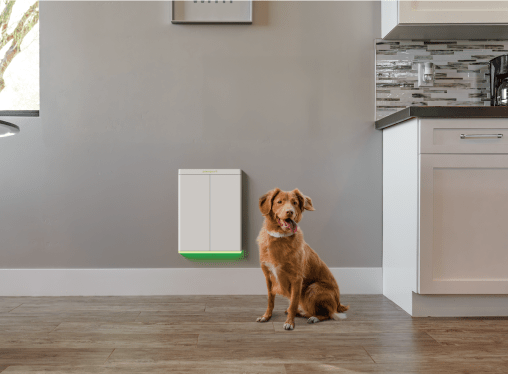 Gadgets
GadgetsPawport’s upgraded smart pet door debuts at CES
- Lauren Forristal
-
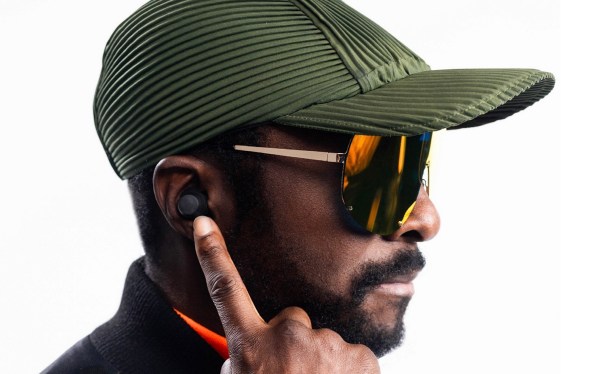 Hardware
HardwareWill.i.am is flogging electronics again
- Brian Heater
-
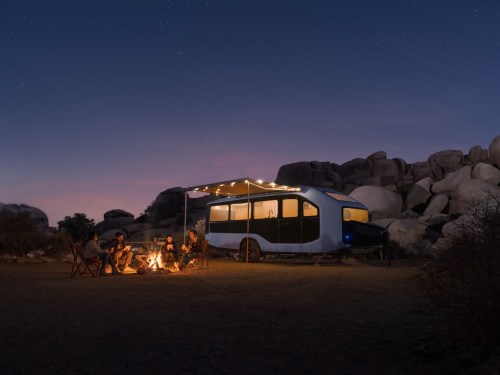 Transportation
TransportationPebble reveals its EV travel trailer designed for digital nomads
- Kirsten Korosec
-
- Cody Corrall
LG explores AI that’s ‘less artificial, more human’
LG’s CES keynote definitely had some “Smart House” vibes. LG demonstrated ways to interact with your home through AI systems the company is dubbing “Affectionate Intelligence.”
“At LG, we’re seamlessly integrating AI into physical living spaces around us. We see space not merely as a physical location but as an environment where holistic experiences come to life,” CEO William Cho said on stage.
The company highlighted how its AI agent LG FURON can be personalized for the user and the home, from detecting temperature and lighting controls, to letting you know if you should bring an umbrella before leaving the house, or suggesting to stop for coffee if it senses you didn’t put a tumbler in your car’s cupholder.
The company also announced a strategic partnership with Microsoft across its home, mobility, and commercial offerings, as well as an expanded cloud gaming experience for Xbox.
If you missed the keynote, you can watch the replay below.
2 hours ago -
-
- Morgan Little
AI recovery coaching and smart baby bouncers kickstart wellness at CES
CES is always filled with various devices and updates geared toward improving consumer wellness and safety. With plenty more to come, a couple early reveals caught our eye.
Therabody, the markers of the Theragun, are launching a digital recovery platform within their app, called Coach. The tool combines user data with generative AI to build customized recovery plans based on user needs and well-being.
Sleep’s an important part of wellness, and new parents might appreciate the Elvie Rise, an app-on controlled bouncer that can turn into a bassinet, with the bouncing controlled through its associated app.
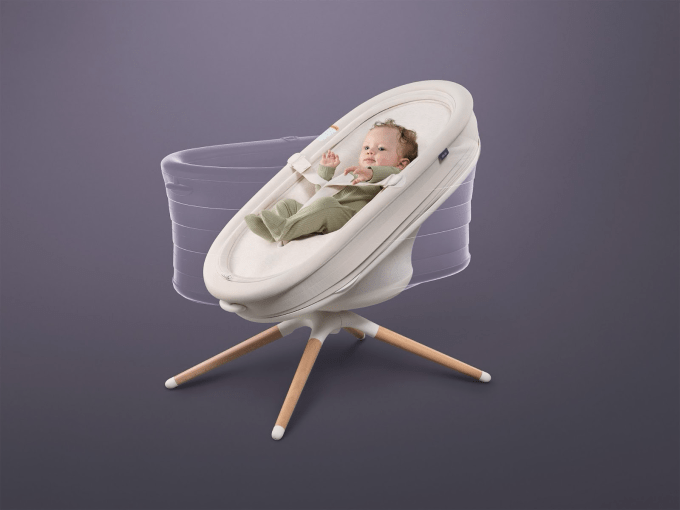
Image Credits:Elvie
Then on the safety front, Amazon and Kidde are partnering to bring Ring’s technology to smoke detectors, with new devices launching April 2 with prices ranging from $55 to $75, plus a Smoke and CO2 Monitoring service that costs $5 a month for persistent monitoring.
2 minutes ago -
-
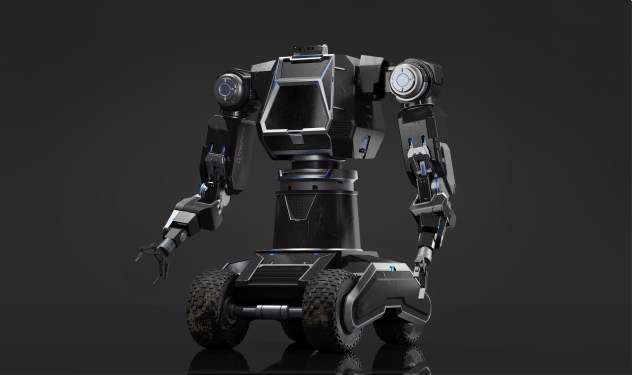 Robotics
RoboticsRoboForce raises $10 million to create a robot workforce
- Margaux MacColl
-
- Morgan Little
Intel and Qualcomm bring new chips to CES
Intel is coming out of a brutal 2024, putting extra scrutiny on its lineup of CES reveals. The company rolled out a number of new Core Ultra 200H processors early Monday, with a particular emphasis on power efficiency that, of course, it claims AI can help. You can get a full rundown of the new range of chips here.
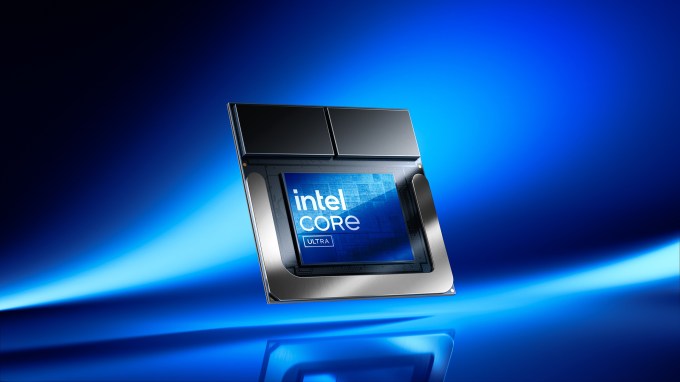
Image Credits:Intel
Qualcomm also brought a new batch of chips to CES Monday, this time focusing on the unglamorous but still-vital midrange market with Snapdragon X, a chip aimed at delivering multiple days of battery life at a more affordable price point. You’ll start to see these chips powering some of Microsoft’s Copilot+ PCs, which will launch in Q1 2025 at around $600, along with desktop computers, though Qualcomm did not go into specifics beyond addressing “the all-new mini and tiny desktop PC” markets.
3 minutes ago -
-
- Morgan Little
Smarter irrigation and help for insect biodiversity
Agriculture consumes the bulk of the world’s fresh water. Amid increased scarcity, Full Nature Farms is looking to improve efficiency through AI. The Hong Kong-based startup claims its Rocket 2.0 Smart Irrigation Platform, powered by data-informed AI decision-making, can reduce water costs by 30%.
We’ve already seen the expected bird feeder reveals at CES, but when will insects get their due? Bird Buddy is launching a new brand called Wonder, which puts the focus on monitoring and aiding insect biodiversity. Through its Blocks system, it’s allowing for a modular system that can contain butterfly feeders, bee hotels, seed trays and other elements that can particularly help vital pollinators flourish.
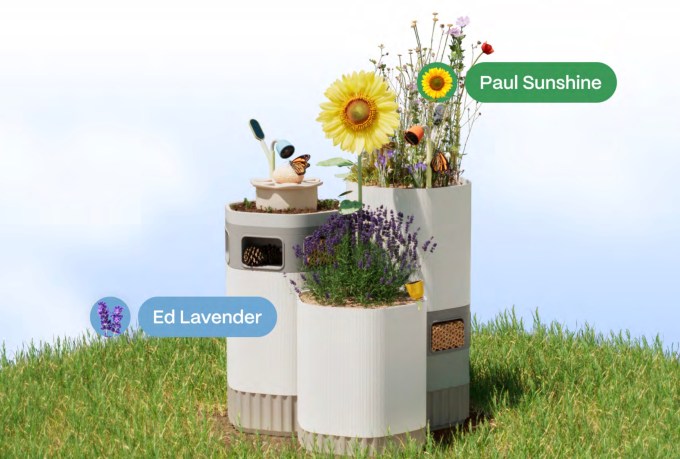
Bird Buddy/WonderImage Credits:Bird Buddy/Wonder
3 minutes ago -

-
 C114 Communication Network
C114 Communication Network -
 Communication Home
Communication Home




